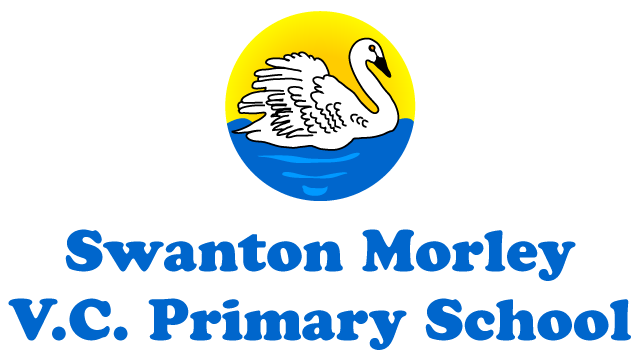Intent
At Swanton Morley, we believe that a high-quality English curriculum should foster children’s love of reading, writing and communication. We aim to inspire an appreciation of a range of high-quality children’s texts and develop a lifelong habit of reading for pleasure which children carry with them into their adult life. We recognise the importance of developing an ambitious and broad curriculum that is appropriate for the needs of all students and that by supporting pupils to become confident readers, writers and communicators, that we are opening up a new world for pupils in a rural context and therefore raise aspirations.
We believe that children need to develop confidence in their speaking and listening skills and that the use of discussion to communicate and share ideas will further pupils’ learning. As pupils move through the Primary curriculum, we aim to provide a clear progression of skills that provide pupils’ with the secure literacy knowledge necessary needed for them to engage and participate in the world around them.
Implementation
Reading
- Fluency: In reading, teachers are the expert reader; they model how to read fluently, with expression and understanding. Teachers read to pupils daily, paying attention to new vocabulary and modelling its correct usage and pronunciation. Children are taught phonics using the Read, Write, Inc. programme. This is taught daily and structured consistently across the school so that children are taught in reading ability groups rather than whole classes or limited by their age. In KS2, guided reading sessions are taught daily to ensure that pupils continue to make good progress with decoding and fluency.
- Comprehension and retrieval: In EYFS and Year One, Read, Write, Inc. Talk through stories are used to develop children’s early comprehension skills and to ensure that new vocabulary is taught discretely as well as within provision. As pupils move through the key stages, they are asked to respond to questions based on teacher’s models of thinking aloud. They are encouraged to provide evidence for their answers based on a text of picture. During phonics sessions, retrieval practice is used to revisit previously taught sounds and the reading of ‘red’ words.
- Content and Sequencing: Literature covered in guided reading and English lessons is mapped out using high-quality texts with a variety of authors to increase children’s exposure to various text types throughout the year. This mapping is a working document which changes to reflect our choices of texts and new authors to ensure that the range provided is challenging and extensive.
- Progress: Children are assessed in phonics every 6 weeks or sooner to ensure that they are in a group that meets their challenge level. Children move from word level reading acquisition to comprehension and the ability to process a text, inferring its meaning. The Salford Reading Scales are used to support and assess children in KS2 that are not making expected progress with reading and Read, Write, Inc. Tutoring occurs for any pupils from Reception to Year Four that require additional support to ‘keep up, not catch up’ with Reading.
Writing
- Oracy and Communication: Communication and language are prioritised from the beginning of Reception and are recognised as the foundation of thinking and learning. High quality adult-child interaction in EYFS and KS1 provide opportunities to model expressive language and new vocabulary. Children in EYFS are assessed using the speech sound production guidance and the Welcomm programme to identify any early support needed to develop communication.
- Content and Sequencing: Our writing curriculum is organised around the four purposes of writing: to entertain, the inform, to discuss and to persuade. We use both CLPE and Jane Considine units of work to inform our planning, with CLPE being identified as providing multiple opportunities to engage children to write at Key Stage One and Jane Considine units provided structured sentence and grammar construction sequences to support pupils to develop their writing further once foundational skills are in place in Key Stage One.
- SPAG: Pupils are taught throughout EYFS and Key Stage One to spell words by segmenting them into their sounds. We encourage phonetically plausible spellings, alongside teaching spellings rules and exceptions of high frequency words. As children move into Year Two and then into Key Stage Two, children are taught spelling rules and spelling words outlined in the National Curriculum for each year group.
Impact
Children are assessed using formative assessment within English lessons. Children are assessed in phonics every six weeks or sooner to ensure that they progress speedily through the Read, Write, Inc curriculum. Pupils are then assessed at the end of each term in Reading, Writing- Composition and Writing- VGPS using a point in time assessment. Final pieces of writing are used at the end of each half-term alongside end of year writing checklists that help inform teacher’s assessments of children’s current writing standard. Termly moderation in school and yearly moderation with another school has been organised to ensure consistency in teacher’s assessment of children’s literacy development.


